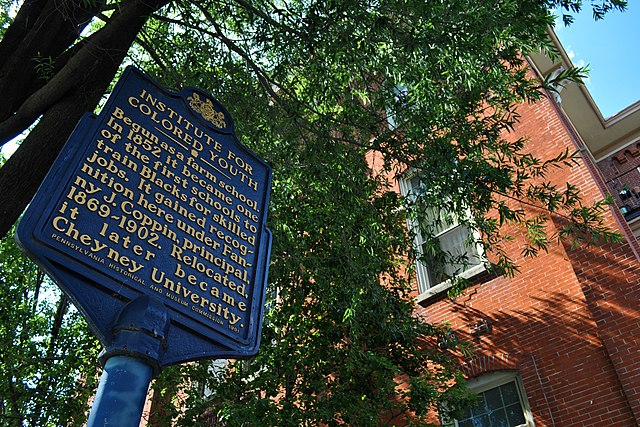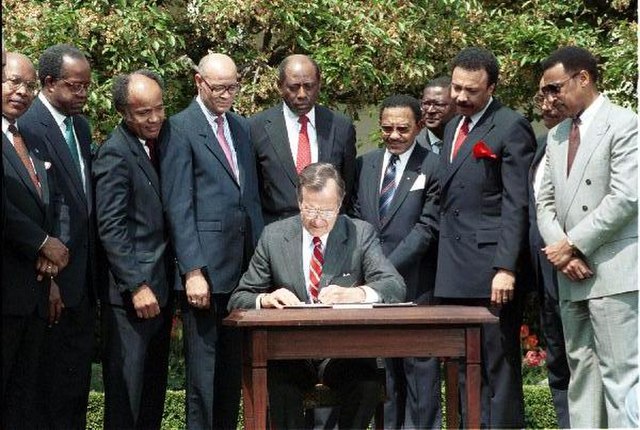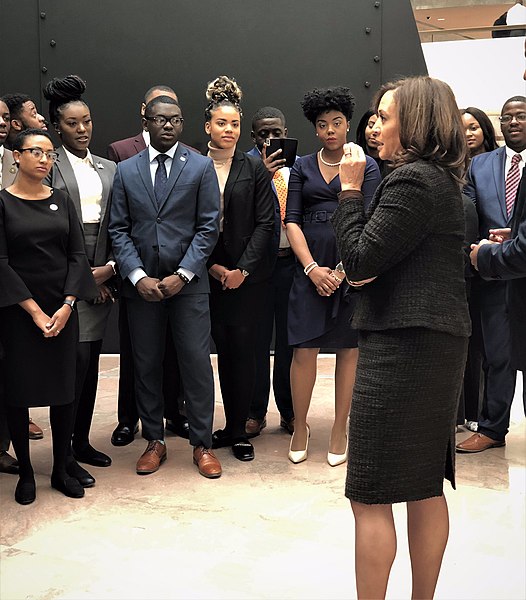Storer College was a historically Black college in Harpers Ferry, West Virginia, that operated from 1867 to 1955. A national icon for Black Americans, in the town where the 'end of American slavery began', as Frederick Douglass famously put it, it was a unique institution whose focus changed several times. There is no one category of college into which it fits neatly. Sometimes white students studied alongside Black students, which at the time was prohibited by law at state-regulated schools in West Virginia and the other Southern states.
Storer College postcard (1940)
Advertisement for Storer College, 1910
Nathan Cook Brackett, the founder of Storer College, from 1864
Oren Cheney founder and president of the Free will Baptist Church in Ocean Park, Maine, in 1879
Historically black colleges and universities
Historically black colleges and universities (HBCUs) are institutions of higher education in the United States that were established before the Civil Rights Act of 1964 with the intention of primarily serving African Americans. Most of these institutions were founded during the Reconstruction era after the Civil War and are concentrated in the Southern United States. They were primarily founded by Protestant religious groups, until the Second Morill Act of 1890 required educationally segregated states to provide African American, public higher-education schools in order to receive the Act's benefits.
Cheyney University of Pennsylvania was founded in 1837 as the Institute for Colored Youth, making it the oldest HBCU in the nation
President George H. W. Bush signs a new Executive Order on historically black colleges and universities in the White House Rose Garden, April 1989
North Carolina A&T State University is the nation's largest HBCU by enrollment.
Vice President and HBCU alumna Kamala Harris with students attending HBCUs








